What is WAR in Baseball? How To Calculate War In Baseball
There are many disputes about who is the best in baseball. We rely not only on our eyes but also on figures. There are a lot of statistics showing who is the best from more than 150 years ago. However, when WAR appeared, it did the right thing.
So, how to calculate war in baseball? What does war mean in baseball?
WAR stands for “Wins Above Replacement.” WAR indicates the change (for better or worse) from a player compared to a typical average player.
Let’s read to find out with Scott Fujita!
WAR stands for Wins Above Replacement.
Contents
What Is War in Baseball?
WAR stands for “Wins Above Replacement.” WAR is a statistic showing how many more wins a baseball team has from a player. It is in comparison with the team gaining with a replacement-level player in the same position
The baseball war stat is “based” on the defensive offensive, pitching, and baserunning to create the final figure. WAR stands for Wins Above Replacement. The WAR metric measures how skilled (or worse) an MLB player is against a regular league average player
View more:
That comprehension about WAR helps baseball teams choose the best one to increase that team’s chances of winning. The best one is a player who is a statistically driven player on the MLB field.
Let’s see some explanations about WAR in this video to deeply understand this metric.
WARP (Wins Above Replacement Player)
Besides WAR, you sometimes hear about WARP. It also has the same meaning as WAR. WARP stands for Wins Above Replacement Players.
It is an indicator of the quality of MLB players and their comparison with the replacement level player for similar positions. In general, these are two widespread phrases in baseball.
WARP stands for Wins Above Replacement Players.
What is Baseball Player’s WAR?
The application of the sabermetric war baseball stat has become a trend recently. Accordingly, we are constantly updating new figures year by year.
This assessment has never happened before. It also doesn’t measure up to the standard charts. However, WAR is the leading reputation indicator.
WAR appeared at the beginning of the 21st century. It was to determine the quality of a so-called replacement-level player. This war stat baseball includes only a single number, but it is the most comprehensive.
The WAR covers all aspects of baseball as it is a summary of the player’s contribution. Accordingly, a player with a good WAR score must be good in all aspects. If he’s only attacking or only defending well, that player’s WAR isn’t excellent either.
Mookie Betts and Mike Trout are two outstanding players in MLB’s WAR history. They have excellent play in both attack, baserunning, and fielding.
Mookie Betts is one of the most outstanding players in MLB’s WAR history.
How To Calculate War in Baseball (Position Players)
Calculating WAR in baseball is not the same as calculating other stats like ERA, WHIP, OPS, or other stats. There is no single formula for determining a player’s WAR over a short period. A player’s WAR depends on a lot of factors.
According to MLB calculation:
WAR = (The quantity of runs above average that an MLB player is worth in baserunning, fielding, and batting + position adjustment + league adjustment + the number of runs replacement level players perform) runs per win.
This calculation belongs to the experts, and it happens to be highly complicated. There isn’t even an official formula for a player’s WAR.
If you want to learn more about this, then pay attention to FanGraphs and Baseball-Reference. These two sites also have their WAR calculation. We bet it will take you a lot of time and energy to understand this calculation.
On Baseball-Reference, we’ll find in-depth charts that allow you to see the difference between the components of the two sites. It also offers WARP Baseball Prospectus.
There are many similarities in components. However, a few different elements are enough to result in different WAR outcomes.
Which War Calculation Is More Common?
Baseball reference’s calculation is generally more popular than FanGraphs’ war calculations. ESPN often gets its data from bWAR. We’ll go a little deeper into bWAR to give you a better understanding.
Of course, learning about bWAR alone takes hours of research. However, we will skim the surface to know the main components of bWAR. They are:
- Baserunning runs.
- Batting runs.
- Fielding runs.
- Positional adjustment runs.
- Runs added or lost due to double plays.
- Replacement level runs.
Within each of these components is a series of complex formulas.
How to Calculate Pitcher War in Baseball?
Formula: Pitching WAR Metric (FIP) = [(Homeruns) + (BB + HBP ) + (K + IFFB)] / IP.
Position player WAR based on Fielding Runs and Batting Runs. However, pitching WAR uses FIP. So what is FIP?
FIP means fielding independent pitching. The aim is to measure a pitcher’s quality compared to the number of runs they give up.
Fielding independent pitching takes an infield fly. Besides, fielding independent pitching takes the quality of outs compared to how many innings a pitcher pitches.
Pitching WAR uses FIP.
Good WAR Value in Baseball
We already have some basic knowledge about WAR. Now we need a specific convention to read this stat and consider the player’s ability.
Let’s take 0 as the league average. From there, we will see the value of the player based on that floor score. Here are some conventions you can refer to:
- <0: replaceable player
- 0-2: backup player.
- 2.1-4.9: bright face should start most games.
- 5 – 7.9: The best candidate for All-Star.
- 8+: a specific player with an MVP baseball season.
The Best WAR in Baseball History
There are no absolute WAR numbers for the player with the highest WAR. The record is “broken” every time the season starts. We only give you the latest numbers for 2023.
- Barry Bonds with 162.8 career WAR.
- Babe Ruth with 162.1 WAR.
- Willie Mays with 156.25 WAR.
- Ty Cobby with 151 WAR.
- Henry Aaron with 143 WAR.
- Tris Speaker with 134.3 WAR.
- Honus Wagner with 130.9 WAR.
- Stan Music with 128.3 WAR.
- Rogers Hornsby with 127.1 WAR.
- Eddie Collins with 123.9 WAR.
Final Thoughts
This article has provided you with remarkable information related to WAR. Remember that WAR only measures a career of the major league player and a single-season.





![[Top Rated] 10 best football gloves with best grip 2025 5 best football gloves 2021](https://www.scottfujita.com/wp-content/uploads/2021/03/best-football-gloves-2021.jpg)
![[Lastest Update] Top 10 Best Soccer Cleats For Kids 2025 6 Best soccer cleats for kids scott fujita](https://www.scottfujita.com/wp-content/uploads/2021/03/Best-soccer-cleats-for-kids-scott-fujita.jpg)




![[Top-Rated] The Best Basketball Shoes For Ankle Support 2025 11 best basketball shoes for ankle support scottfujita](https://www.scottfujita.com/wp-content/uploads/2021/07/best-basketball-shoes-for-ankle-support-scottfujita.jpg)






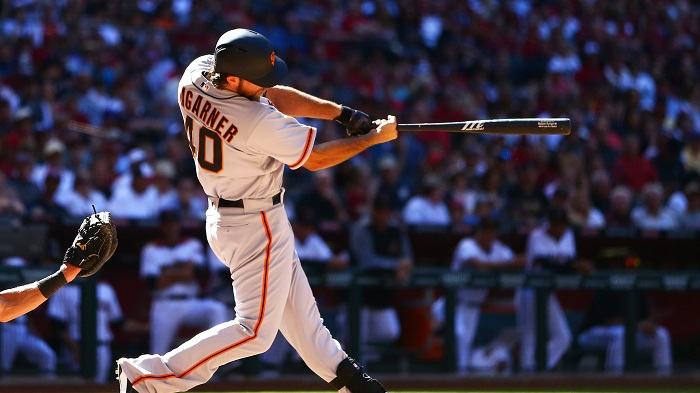

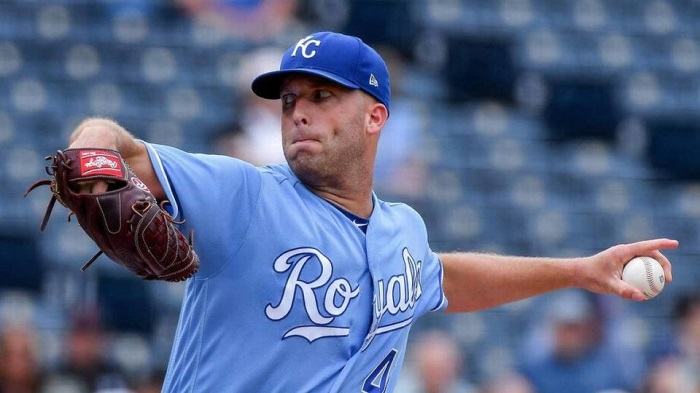


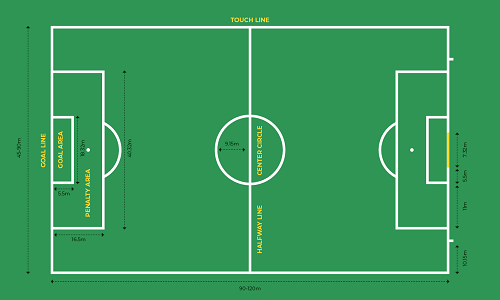

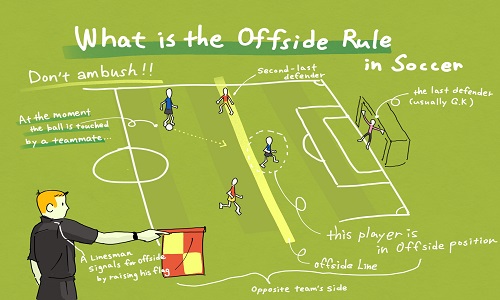
![What Are The 5 Positions In Basketball? [And Their Roles] 35 what are the 5 positions in basketball scottfujita](https://www.scottfujita.com/wp-content/uploads/2021/10/what-are-the-5-positions-in-basketball-scottfujita.jpg)


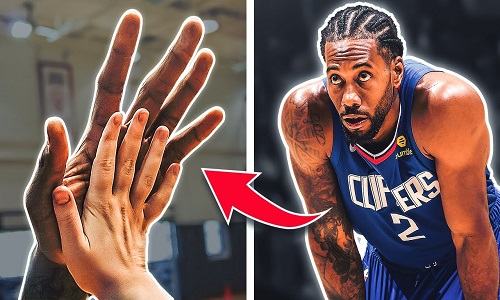



![Top 10 Best NBA Centers Of All Time [2024 Updated] 42 best nba centers of all time scottfujita](https://www.scottfujita.com/wp-content/uploads/2021/12/best-nba-centers-of-all-time-scottfujita.jpg)
![The Best Football Mouthguard 2024 [Reviewed & Compared] 43 best football mouthguard scottfujita](https://www.scottfujita.com/wp-content/uploads/2021/10/best-football-mouthguard-scottfujita.jpg)